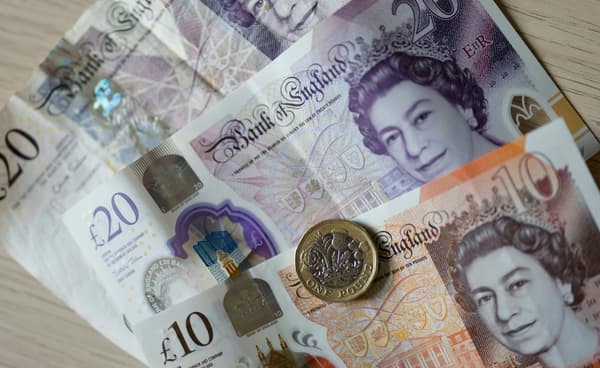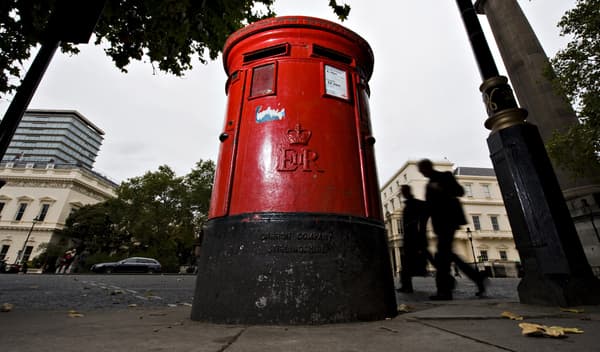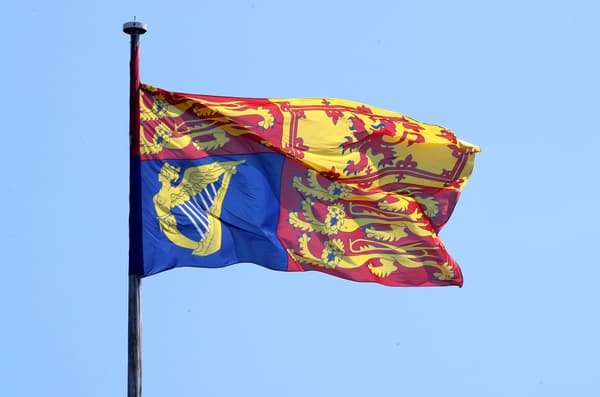Between the national anthem, postage stamps, passports or even coins, the death of Queen Elizabeth II on Thursday at the age of 96 will mean many changes, some sudden, others gradual, in the daily life of the British.
• Coins and bills
Little by little, the face of the new King Charles III will appear on coins and banknotes from the United Kingdom, but also from other member territories of the Commonwealth such as Canada, Australia, New Zealand or the Eastern Caribbean.

Same principle in the Channel Islands of Jersey, Guernsey, in the Isle of Man as well as in Gibraltar, Saint Helena and in the Falklands, islands and territories controlled by the British Crown.
However, this development will be gradual, coins and banknotes bearing the effigy of the Queen will continue to circulate.
• Stamps, mailboxes and passports
Another change, the stamps, in which the face of Queen Elizabeth II appears, will bear that of the new king. The mailboxes, marked with the letters EIIR, of Isabel II Regina, as well as the police helmets, will also undergo a renovation.

In another daily development, the wording on the inside cover of British passports, issued in the name of the crown, will need to be updated, as will similar text on Australian, Canadian and New Zealand passports.
• The flags
The emblem of Isabel II, EIIR, inscribed on the flags of official buildings, such as police stations, must be changed to that of Carlos III.
Like the use of a flag nicknamed “Queen’s colors” by the British armies, as well as the “E flag”. This flag, personally endorsed by the Queen, is flown when she is present in various Commonwealth countries.

It is also possible that the “Royal Standard”, a flag that represents England, Scotland and Northern Ireland, could be modified to include Wales, whose national flag was only recognized in 1959, after the accession to the throne of Elizabeth II, according to The Guardian.
• The National anthem
The English will have to get used to it. The famous “God Save the Queen” will become “God Save the King” with the accession to the throne of Carlos III. Or rather to be again, since that was the name of the anthem, before the coronation of Elizabeth II.
This change will also need to be adopted in New Zealand, where it is one of the two national anthems, as well as in Australia and Canada, where it is the royal anthem.
When you raise your glass during official meetings, you should no longer say “the queen” but “the king.” In the Channel Islands, the unofficial formula “La reine, notre duc” pronounced in French when toasting will also become “le roi, notre duc”.
• Prayers
As head of the Church of England, Queen Elizabeth II was considered the “defender of the faith and supreme ruler” of that denomination and prayers were directed at her.
So the words here will also have to be changed in favor of his son by royal order or by change of law. The last such changes took place at the time of the death of the Queen Mother.
• The oath of allegiance
Many formulas will have to change with the reign of Carlos III. The famous Queen’s Guard will become the King’s Guard, while Members of Parliament will now have to swear allegiance to the King, not the Queen.
It will be the king’s speech (“The king’s speech”) and not the queen’s that will present the government program to parliament, opening the parliamentary session.
In the cultural sphere, the name of “Her Majesty’s Theatre” will also be masculinized in the West End, the theater district of London, where the show “The Phantom of the Opera” has been presented since 1986.
Source: BFM TV

